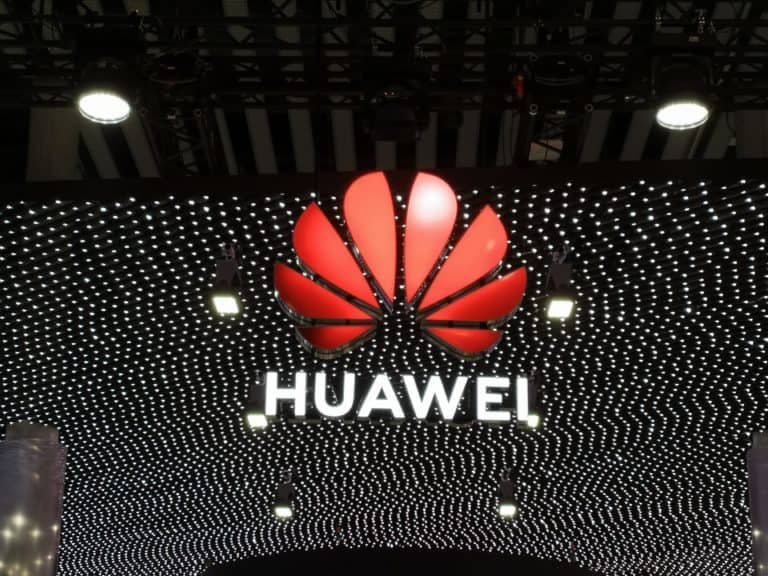The European Commission is ignoring the United States’ call for Huawei to be banned. On the other hand, the Commission will very soon be calling on EU countries to share more data in order to prevent security risks related to 5G networks. That’s what Reuters reports, based on four insiders.
Andrus Ansip, the European digital head, is due to present the recommendation on Tuesday. The directives are not laid down by law, but they do have political weight, which can ultimately lead to national laws in countries of the European Union.
The United States has been lobbying in Europe for a ban on equipment from Huawei and other Chinese manufacturers for 5G networks for some time now. The U.S. is concerned that China may misuse the companies’ equipment for espionage. Something Huawei has always denied.
According to the insiders, Ansip will tell European countries to use tools set out in the EU Directive on the security of network and information systems and the recently adopted Cyber Security Act. For example, Member States should share information and coordinate impact assessment studies on security risks together. They also need to work together on certifications for IoT equipment and 5G equipment.
It does not, however, call for a European ban on Huawei, leaving European Member States free to choose whether or not to introduce such a ban.
The Netherlands
In the Netherlands, the government is still working on formulating policy on the increasing influence of Chinese companies. However, a ban is not yet in place. GroenLinks said in February that it would be a bad idea to use Huawei equipment in 5G networks. “Working with this tech giant is an unacceptable risk as long as the Communist Party’s grip on Chinese business is so great,” the party said at the time.
However, it is possible that this equipment will be used in such networks. KPN would be on the verge of working with the Chinese manufacturer, RTL Z reported last week. Construction of the 5G network is scheduled to start this month.
This news article was automatically translated from Dutch to give Techzine.eu a head start. All news articles after September 1, 2019 are written in native English and NOT translated. All our background stories are written in native English as well. For more information read our launch article.